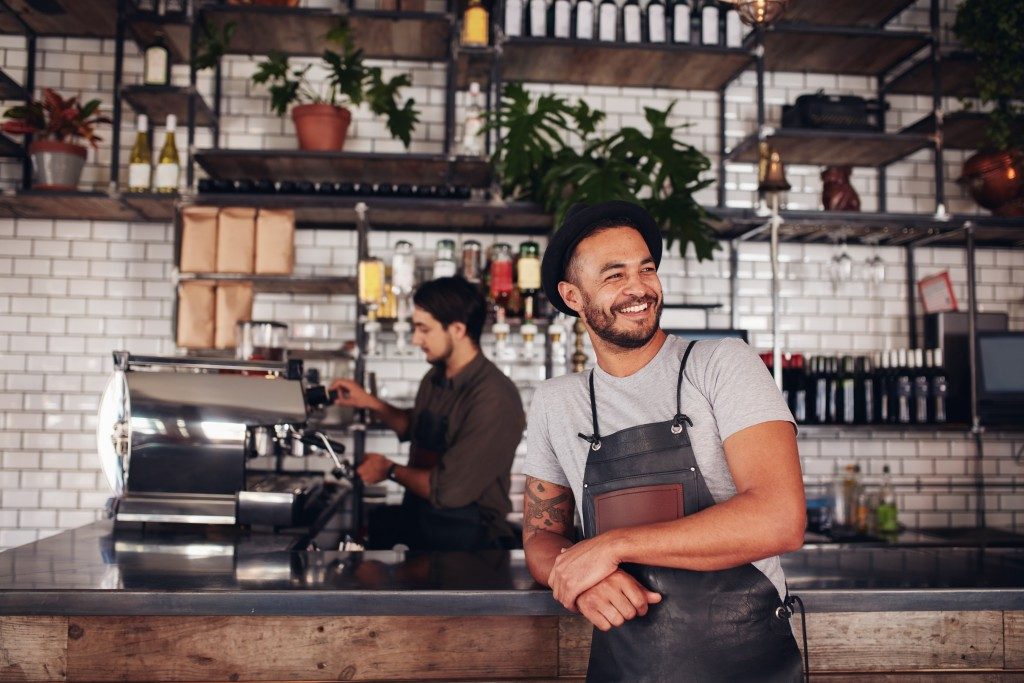Many people who started a restaurant business got into the industry by following their passion. But the logistics of running a large kitchen with a large staff and busy customers coming and going every day, along with crunching numbers on revenue and costs, can quickly stretch you thin.
With all these considerations, it’s essential never to lose sight of one basic practice – keeping the restaurant safe. Aside from the obvious dangers to human lives that can result from poor safety practices at an establishment, property damage can be costly, and in some cases, shut down your operations for a period, which is something no business owner wants to hear. Here are some ways to prevent three common sources of property damage.
Water
In the food business, water is used almost everywhere. From cooking to cleaning, a constant supply of water keeps your kitchen running smoothly. But as any homeowner can tell you, bad things happen when water gets to places where it shouldn’t be present. Unwanted moisture can lead to mold formation, which is never desirable, but especially when your business survival depends on cleanliness and safety.
Your kitchen staff should be well drilled in cleaning procedures, and that includes overseeing proper drainage of water in the kitchen and prompt cleaning of any spillage in the dining areas. If you have an outdoor deck or rooftop area, these can be highly exposed to weather and rain. Make sure to keep them waterproofed with solutions like cementitious waterproofing membranes to maintain form and function.
Fire

Along with water, restaurants need heat in the right places. From ovens to stoves, various electrical appliances, and gas pipes, there’s a long list of fire hazards in every kitchen. It shouldn’t come as a surprise, then, that reports indicate over 8,000 restaurants catch fire every year.
Cleaning oven hoods and grease traps should be a part of your safety routines in the kitchen, and employees should be alert to these common fire hazards. Watch out for old wiring, and avoid overloading electric outlets. Overall, periodic fire inspection is simply a part of running a restaurant business. Have professionals conduct the inspection once a month for your peace of mind and continued safety certification.
Equipment
Your restaurant equipment can be just as expensive as the property, and it’s vital to ensure proper care and maintenance of the appliances and fixtures that keep your business running. A lot of common kitchen mishaps come down to lack of experience or training on the part of the workers.
If you find yourself doing more office work in your restaurant business, there’s a chance that kitchen protocols aren’t being followed so rigorously. Even if you still spend a lot of time in the kitchen, you can’t always keep your eye on everything. Take time to drill your staff on the proper use of every piece of equipment, and the importance of keeping the layout as tidy as possible each day. Then, see to it that the organization and safety measures are enforced when you’re away.
The best practices in restaurant safety can go unnoticed because when you’re doing things right, then nothing happens. You don’t want to have to call your insurance and discuss exposure coverage, and you certainly don’t want to lose trust in your brand by being forced to shut down for safety reasons, even if it’s only temporary. See to it that your entire team places safety first as they go about their daily operations.

